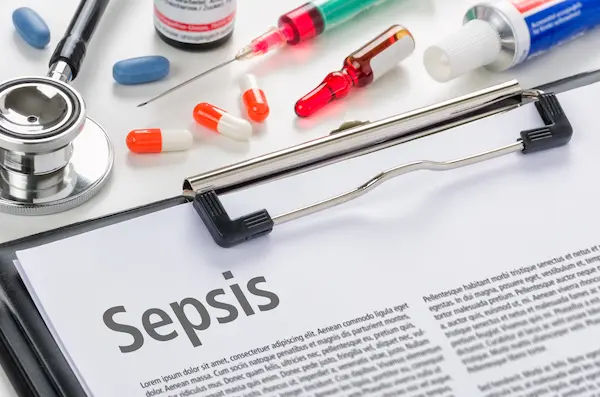- Male
- 18 Years
- 29/01/2025
I'm trying to understand what it means when the widal test result says "non reactive." Could you explain this in detail? Also, I've been dealing with typhoid for about 4 months now and it just won't go away. Can you recommend any good doctors for treating typhoid? I'm really worried since it's been such a long time.
Answered by 1 Apollo Doctors
-A "non-reactive" result in a Widal test means that no significant antibodies against Salmonella (the bacteria causing typhoid fever) were detected in your blood. This usually indicates you don't currently have an active infection, but its not always
Dr. Ranjith Suggests...
Consult a Infectious Disease specialist
Answered 04/07/2025
0
0

More Infectious Disease Health Queries
View allWhat is infectious and noninfectious diseases?
Infectious agents are organisms that are capable of producing infection or infectious disease. A disease which is not caused by any pathogen is considered non infectious disease.
Answered by 1 Apollo Doctors
I'm a bit worried about my recent PCR test result. The CT value came back as 20, and I'm not sure if that means the infection is mild. Could you help me understand what this value indicates and what precautions I should be taking?
follow cardiologist
Answered by 1 Apollo Doctors
I'm really anxious because I had unprotected sex with a woman, and now I'm at 82 days. I've been planning to get an HIV test after 90 days. Lately, I've had a dry cough for about two months. Could this be a symptom of HIV or am I just overthinking it? Can you help me understand this better?
See a specialist for accurate diagnosis and targeted treatment.
Answered by 1 Apollo Doctors
Disclaimer: Answers on Apollo 247 are not intended to replace your doctor advice. Always seek help of a professional doctor in case of an medical emergency or ailment.





